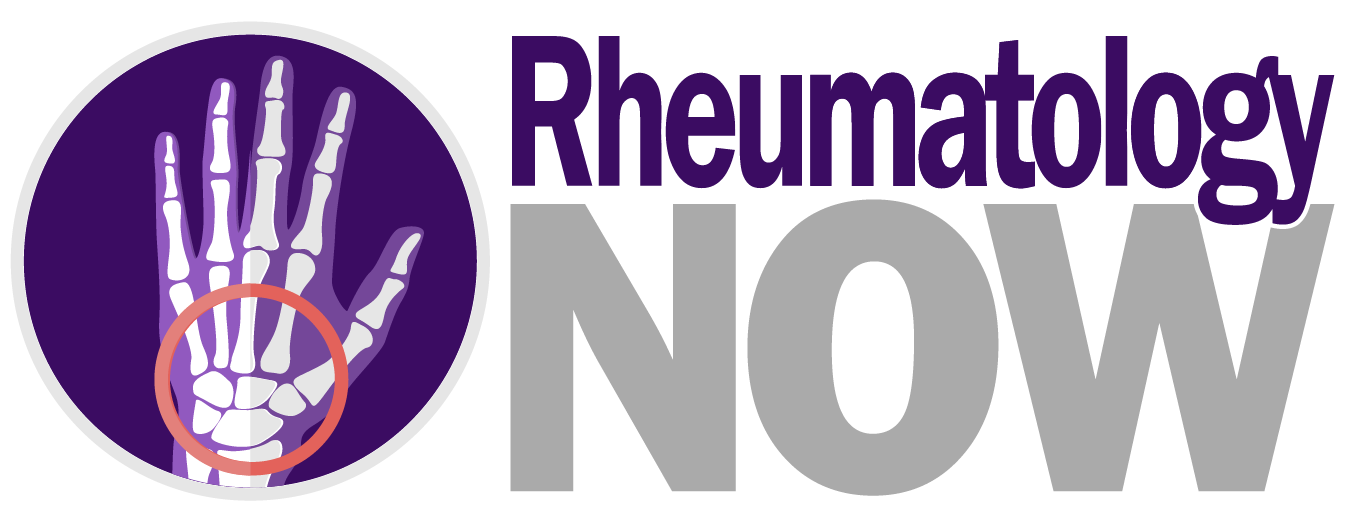Rheumatologist, discusses the disease osteoarthritis.
What is Local Rheumatologist
If you have a disease such as gout, ankylosing spondylitis or arthritis, you may be referred to a local rheumatologist by your local family physician. A local rheumatologist is a medical doctor who has taken extra education in treating patients with inflammatory joint, muscle and bone diseases. There are a number of diseases that cause someone’s immune system to attack their body. A local rheumatologist can diagnose your inflammatory condition; Heart Disease treat it with medications such as leflunomide, surgery and/or lifestyle changes; and prevent damage to the joints, bones or muscles from getting worse.
Whether you have thumb arthritis, need a Lyme disease diagnosis or want help living with arthritis, a local rheumatologist can be a valuable asset to your healthcare team. A local rheumatologist can work with your other health providers such as your local registered dietitian, orthopedic surgeon, cardiologist, family physician, kinesiologist and local physiotherapist. Start by talking to your local rheumatologist about how they can help you manage your condition.
Often seeing your local family Physician is a great starting place for referrals to your local Massage Therapist or your local chiropractor to help with massage and skeletal adjustments. A local Physiotherapist or local athletic trainer can help with strength and bruised muscles. Acupuncture is often recommended for chronic pain in association with your local physiotherapist Psoriatic arthritis (PsA) is a type of inflammatory arthritis that affects both the joints and the skin. Like with other types of arthritis, patients with psoriatic arthritis experience pain, swelling and stiffness in the joints. Arthritis is an inflammatory condition and vegetables, lettuce included, contain a variety of helpful plant-based compounds that can contribute positively to its management.
• Ankylosing spondylitis. AS is a chronic type of arthritis that affects the lower back. While the cause of AS isn’t known, it occurs when the immune system attacks the back, causing inflammation and resulting in pain and stiffness. Similarly to osteoarthritis, the body attempts to repair your lower back by growing new bone, which often grows across the joint and may even become fused. Ankylosing spondylitis symptoms include pain and stiffness in the joints in the lower back, spine, hips, knees and shoulders. Trouvez des informations ou des prouveurs locaux comme un rhumatologue local à montréal et à québec
 • Psoriatic arthritis. PsA is a type of inflammatory arthritis. It’s a chronic condition that occurs when the immune system attacks the joints and the skin for reasons unknown. In most cases, PsA affects a few joints in the body, such as the knee, toe or wrist. Symptoms of psoriatic arthritis include warmth, swelling and pain in the joints. The skin is also affected with psoriasis, becoming red, scaly and inflamed. Psoriasis patches or plaques often appear on the scalp, elbows, lower back and knees, although it can appear on the scalp, fingernails or toenails.
• Psoriatic arthritis. PsA is a type of inflammatory arthritis. It’s a chronic condition that occurs when the immune system attacks the joints and the skin for reasons unknown. In most cases, PsA affects a few joints in the body, such as the knee, toe or wrist. Symptoms of psoriatic arthritis include warmth, swelling and pain in the joints. The skin is also affected with psoriasis, becoming red, scaly and inflamed. Psoriasis patches or plaques often appear on the scalp, elbows, lower back and knees, although it can appear on the scalp, fingernails or toenails.
• Gout. This type of inflammatory arthritis is caused by a buildup of uric acid. While gout is most common in men, women can get it too. Your body makes uric acid, and you also get it from certain foods and drinks. In most people, the amount of uric acid the body produces equals the amount being excreted in urine.
CSRG Canadian Scleroderma Research Group : Rheumatologists from across Canada came together and acknowledged the need to unite to better treat patients with systemic sclerosis, also known as scleroderma.
The Canadian Network for Improved Outcomes in Systemic Lupus Erythematosus (CaNIOS) is a Canadian national research group on Systemic Lupus Erythematosus (SLE).
Osteoarthritis (OA) is the most common type of arthritis, affecting millions of people worldwide. Often affecting people in their 50s and 60s, OA is caused when the cartilage on the ends of the bones wears down. Often, the bones rub against each other, causing pain and swelling. Osteoarthritis is most common in the joints of the knees, hips, hands, fingers, neck and spine, although it can affect any joint in the body. OA can even occur in the back, and then it’s also known as degenerative disc disease. Osteoarthritis of the knee symptoms include pain, stiffness and swelling, especially when getting up in the morning. If your OA is severe, you may feel pain for the entire day, or lose your ability to use the joint. OA gets worse over time as the body grows new bone at an attempt to heal the damage. However, this results in bumps of new bone growth around the joint and the breakdown of cartilage.
Rheumatoid arthritis is an autoimmune disease that affects the joints and it can cause pain, disability, and loss of function. And because it's a chronic condition, much like diabetes or chronic RV disease, its something that needs to be managed by a healthcare team. Now, if you have rheumatoid arthritis, there are going to be many people looking after you. Your family doctor is the quarterback of all of your healthcare and receives all information from other specialists you may be seeing.
Your rheumatologist is the doctor that helps you decide on what medications are used to treat your arthritis and prevent long-term damage. In addition, you may also be seeing a nurse, a physiotherapist, or an occupational therapist as part of your care.
When the uric acid concentration becomes too high, it can crystallize and deposit in the joints, tendons, and surrounding tissues, leading to gout attacks or flares. The big toe is a commonly affected joint, but gout can also affect other joints such as the ankles, knees, elbows, wrists, and fingers.
Although gout is not an autoimmune disease, it is a form of inflammatory arthritis. The immune system does play a role in the inflammatory response triggered by the uric acid crystals, leading to the symptoms you mentioned, including redness, swelling, heat, and soreness in the affected joints.
Genetics play a role in determining an individual's susceptibility to developing lupus. Certain genes have been identified that may increase the risk of developing the disease. However, having these genes does not necessarily mean that a person will develop lupus, as other factors come into play.
Environmental factors can trigger the onset of lupus or exacerbate symptoms in individuals who are genetically predisposed. Some common triggers include exposure to sunlight (ultraviolet radiation), certain medications (such as certain antibiotics and anti-seizure drugs), hormonal changes (such as during pregnancy or with the use of oral contraceptives), and viral or bacterial infections.
It's important to note that while these triggers are associated with lupus, they do not cause the disease in everyone. The exact mechanisms by which these triggers interact with genetic factors to initiate or worsen lupus are still being studied.
The treatment of pseudogout typically depends on the extent of joint involvement and the patient's specific health considerations. If the condition affects only a single joint, a cortisone injection directly into that joint may be the most effective approach for pain and swelling relief. However, if injecting the joint is challenging or there are multiple affected joints, alternative medications will be considered.
For cases involving several joints or when joint injection is not feasible, non-steroidal anti-inflammatory drugs (NSAIDs) like ibuprofen and naproxen can be highly effective in managing the acute pain and swelling associated with pseudogout. These medications help reduce inflammation and provide symptomatic relief. It's important to ensure that there are no contraindications to using NSAIDs, such as a history of ulcers, kidney problems, or high blood pressure.
In situations where NSAIDs cannot be used due to underlying health issues, colchicine is a viable treatment option. Colchicine is an oral medication that has proven effective in managing symptoms of both pseudogout and gout. It can be taken once daily or in divided doses, and it helps alleviate joint pain and swelling while also preventing recurrent symptoms.
Ultimately, the treatment plan for pseudogout will be tailored to each individual's needs, taking into consideration the extent of joint involvement, the patient's medical history, and any contraindications to specific medications. The goal is to effectively manage symptoms and improve the patient's overall quality of life. It is essential to work closely with a healthcare professional or Rheumatologist specialist to determine the most suitable treatment approach for pseudogout.
Useful Resources
Canada
Royal College of Physicians and Surgeons of Canada
Northwest Territories
Nunavut
United States of America
National Provider Identifier (NPI)
Australia
Australian Health Practitioner Regulation Agency
New Zealand
Medical Council of New Zealand
United Kingdom
Ireland
South Africa
Health Professions Council Of South Africa
India








